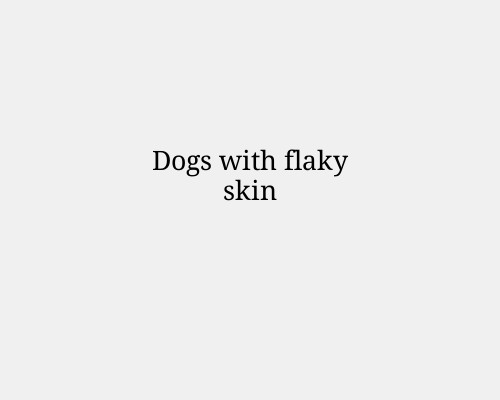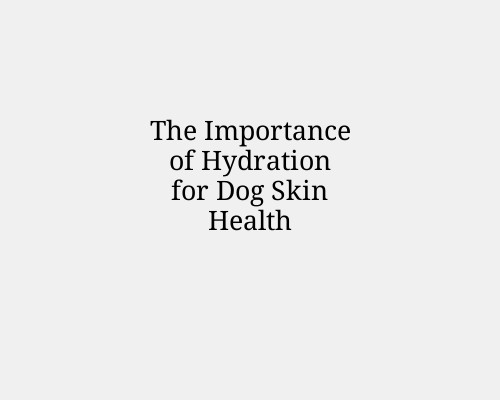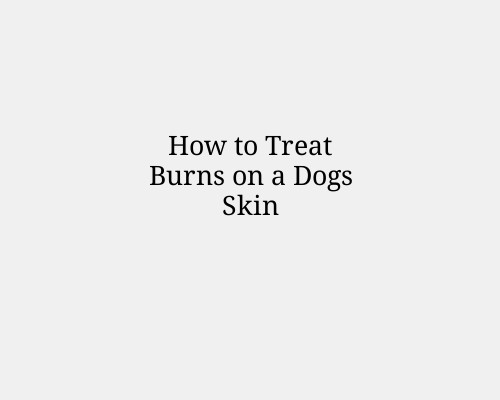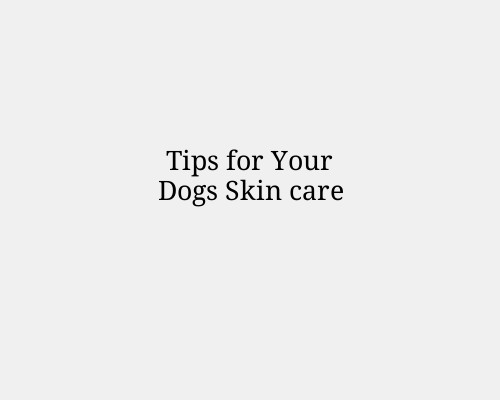Dogs with flaky skin
Why does my dog have flaky skin?
Flaky skin in dogs can be caused by several underlying factors ranging from minor issues to more serious conditions. Here are the most common reasons why your dog's skin may be flaky:
Dry Skin
Causes: Low humidity, cold weather, or excessive bathing with harsh shampoos can lead to dry, flaky skin.
Signs: You’ll notice white flakes on your dog’s coat and furniture, similar to dandruff in humans.
Allergies
Environmental Allergies: Pollen, dust mites, or mould can trigger skin irritation.
Food Allergies: Certain proteins or additives in food may cause itching and flaking.
Contact Allergies: Reactions to shampoos, detergents, or grooming products may lead to flaky skin.
Poor Diet or Nutritional Deficiencies
A diet lacking essential fatty acids (like omega-3 and omega-6), vitamins, and minerals can cause skin problems and flakiness. Low-quality dog food is often a culprit.
Parasites
Fleas: Some dogs are highly allergic to flea saliva, leading to dry, flaky patches.
Mites (Mange): Sarcoptic or demodectic mange can cause severe itching, hair loss, and flaky skin.
Lice: While less common, lice infestations can also result in flakiness.
Fungal or Bacterial Infections
Yeast Infections: Can cause a greasy coat and flaky skin with a musty odour.
Ringworm: A contagious fungal infection that can cause hair loss, scaly patches, and skin flaking.
Bacterial Infections: Often secondary to other skin conditions, these infections can cause redness, scabs, and flakes.
Seborrhea
Seborrhea Sicca (Dry Seborrhea): Causes dry, flaky skin.
Seborrhea Oleosa (Oily Seborrhea): Produces greasy, flaky skin. Both forms can result from genetics or underlying issues like hypothyroidism.
Hormonal Imbalances
Hypothyroidism: An underactive thyroid gland can slow down metabolism and lead to dry, flaky skin and hair loss.
Cushing’s Disease: Excess cortisol production can weaken the skin, leading to flakiness and hair thinning.
Stress and Anxiety
Excessive licking or biting due to anxiety can damage the skin barrier and cause flakiness over time.
Autoimmune Conditions
Conditions like pemphigus foliaceus can cause the skin to become scaly and flaky, along with other severe symptoms like lesions and hair loss.
Sunburn
If your dog is exposed to too much sun (especially lighter-coated breeds), they may develop flaky, peeling skin due to sunburn.
What You Can Do
Moisturize: Use a vet-approved moisturizing shampoo or conditioner for dogs with dry skin.
Dietary Adjustments: Ensure your dog is on a high-quality diet with plenty of omega fatty acids.
Regular Grooming: Brushing helps distribute natural oils and remove loose flakes.
Flea & Parasite Prevention: Stay on top of monthly treatments to avoid infestations.
Allergy Management: Work with your vet to identify and manage allergies.
When to See a Veterinarian
Seek veterinary attention if flaky skin is accompanied by:
Excessive itching or licking
Hair loss or scabs
Open sores or lesions
Unpleasant odours
General lethargy or behavioural changes
Your vet may perform skin scrapings, allergy tests, or bloodwork to diagnose and treat the underlying cause effectively.







